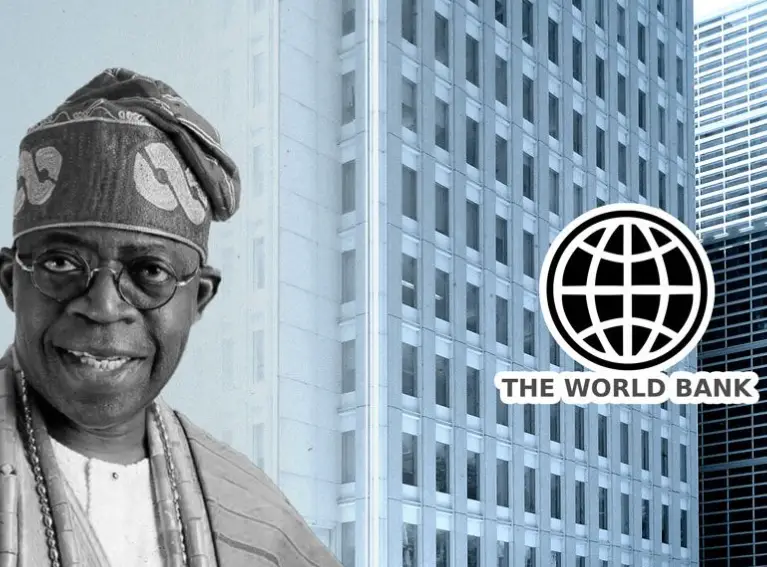Daud Olatunji
A recent World Bank report has brought to light the alarming increase in poverty levels in Nigeria, with the number of poor people surging from 95 million in 2021 to a staggering 104 million in 2022.
This revelation follows data from the Nigerian Bureau of Statistics, indicating a steady rise from 82.9 million in 2019 to 85.2 million in 2020.
The World Bank’s Nigeria Development Update titled ‘Turning the Corner: Time to Move From Reforms to Results’ underscores the critical need to sustain reform momentum.
While acknowledging the Federal Government’s bold steps in implementing economic and fiscal reforms, the report emphasizes the necessity of completing these reforms and addressing their associated costs.
The key reforms, including the removal of the petrol subsidy and restructuring of the foreign exchange market rate, have been hailed by the World Bank as crucial but have simultaneously contributed to a higher poverty rate.
The bank commended the Federal Government for its efforts, stating that the current hardships are temporary.
However, the report acknowledges that these policies have exerted intense pressure on the cost of living, pushing more Nigerians into poverty.
Inflation, notably at a record-high level of 27.3% Year-on-Year in October 2023, is partly attributed to the one-off price impacts of the petrol subsidy removal, disproportionately affecting the poor and vulnerable.
Shubham Chaudhuri, World Bank Country Director for Nigeria, praised the reforms as essential steps towards improving Nigeria’s economic outlook.
He emphasized the need for coordinated fiscal and monetary policy actions in the short to medium term, envisioning increased fiscal space for development spending in the long run.
The report revealed that between N300 billion – N400 billion was spent monthly on fuel subsidy before its removal, with expectations that the Nigeria National Petroleum Corporation Limited (NNPCL) would contribute such amounts to the Federation Account.
The World Bank’s recommendations include controlling inflation, improving FX market stability, achieving fiscal consolidation, addressing structural barriers to growth, and removing trade barriers.
The report suggests that, with sustained macroeconomic stabilization reforms, Nigeria’s economy could grow at an average annual rate of 3.5% in 2023-2026.
While acknowledging the progress, Alex Sienaert, World Bank Lead Economist for Nigeria, cautioned that the nation was not yet out of the woods.
He highlighted the importance of continued policy implementation for a stable macroeconomic environment and easier access to foreign exchange, crucial for job creation and poverty reduction.
The World Bank has called on the Nigerian National Petroleum Company Limited (NNPCL) to disclose its revenue inflows transparently, urging further accountability in the wake of subsidy removal.
The report indicates expected fiscal savings of around N2 trillion in 2023 alone, rising to over N11 trillion between 2023 and 2025.
As Nigeria navigates these economic challenges, the World Bank’s report underscores the importance of sustained reforms and transparent financial practices to ensure the nation’s recovery and long-term prosperity.
Do you want to share a story with us? Do you want to advertise with us? Do you need publicity for a product, service, or event? Contact us on WhatsApp +2348183319097 Email: platformtimes@gmail.com
We are committed to impactful investigative journalism for human interest and social justice. Your donation will help us tell more stories. Kindly donate any amount HERE




